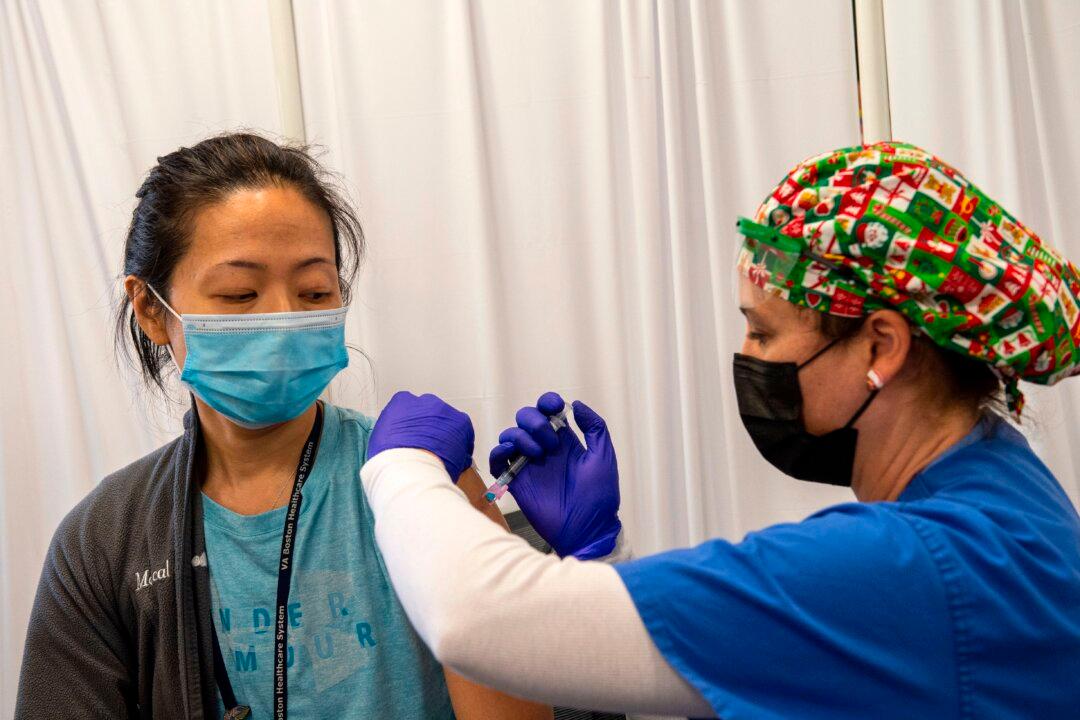A proposal to threaten the loss of Medicare and Medicaid funding as leverage for mandatory CCP virus vaccines of all health care workers faces rough sledding despite strong support among professional medical associations.
The CCP virus—also known as the novel coronavirus—has reportedly killed more than 660,000 Americans since the first case was confirmed in January 2020, and subsequent lockdowns have caused trillions of dollars in lost economic activity and opportunity.





